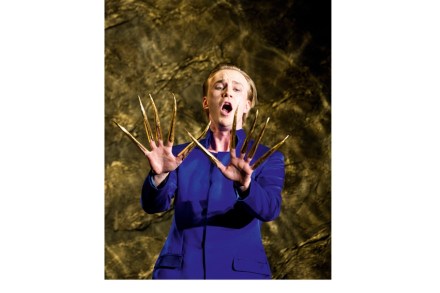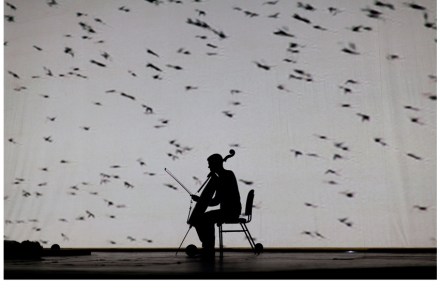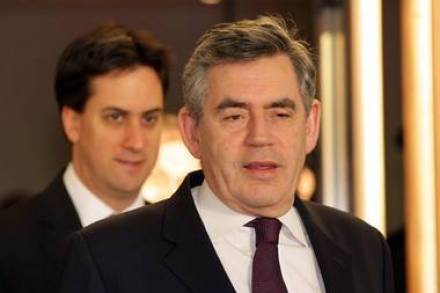Look at life
OperaGiulio Cesare was the first of Handel’s operas to return to general favour after more than a century and a half of neglect, and I suppose that it is still the most frequently performed. That isn’t surprising, since its plot is, by Handelian standards, simplicity itself, and the level of inspiration in the arias is










